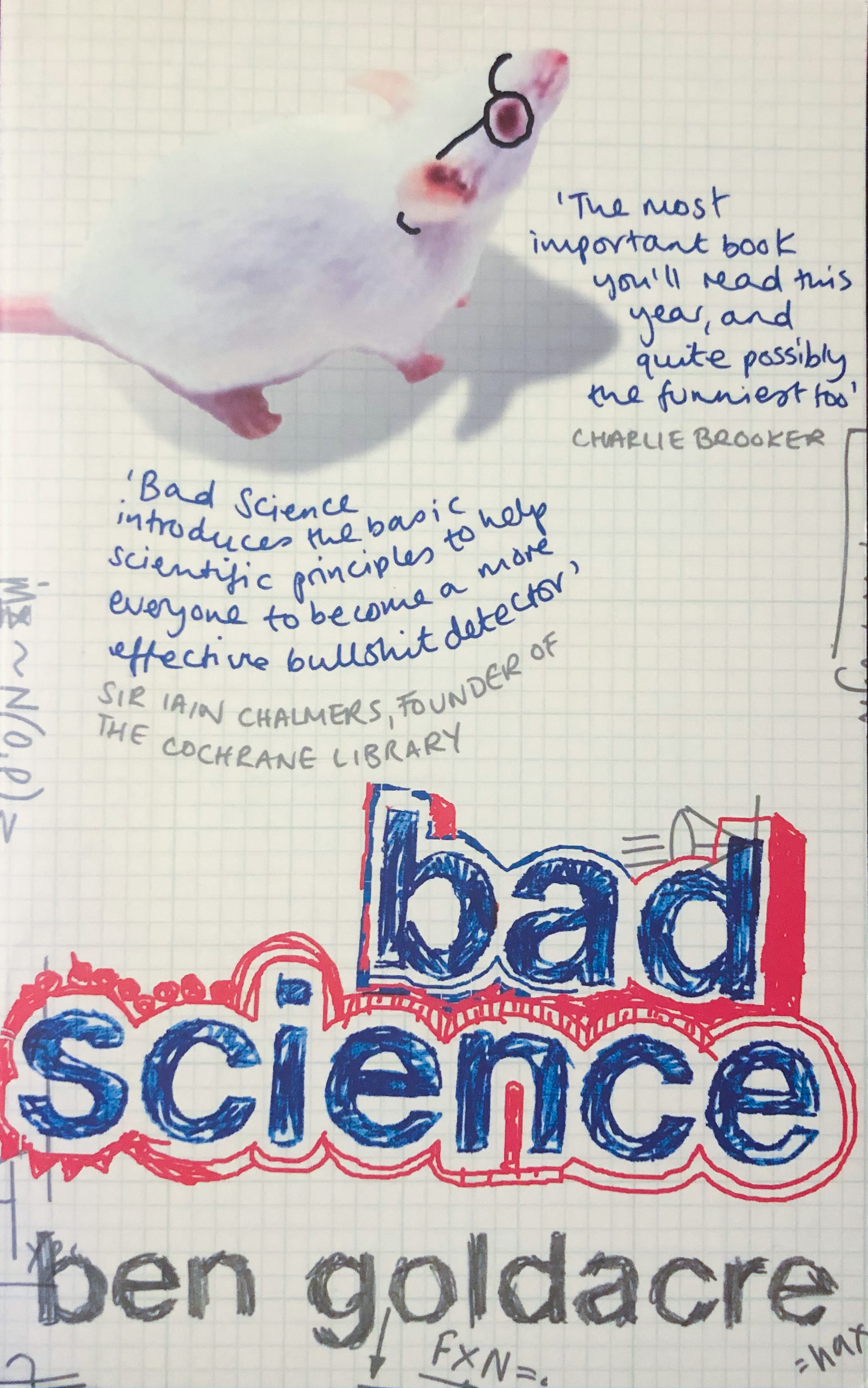
Pandora's Lab: Seven Stories of Science Gone Wrong
Book Description
Imagine a world where science, instead of saving lives, spirals into chaos and catastrophe. In "Pandora's Lab," Paul A. Offit unveils seven harrowing tales of scientific missteps that led to lives shattered and trust eroded. From the reckless pursuit of a cure for disease to the dark corners of genetic experimentation, each story pulls you deeper into a web of ambition and ethical dilemmas. These gripping narratives reveal how easily the line between progress and peril can blur. What happens when mankind's quest for knowledge unleashes unforeseen consequences? Step into the realm of science gone wrong and find out.
Quick Book Summary
"Pandora's Lab: Seven Stories of Science Gone Wrong" by Paul A. Offit is a captivating exploration of how scientific discovery can yield catastrophic consequences when ambition, hubris, or incomplete understanding intervene. Offit presents seven meticulously researched case studies, spanning from ill-fated health fads to dark moments in medical and agricultural innovation. Through vivid storytelling, the book demonstrates that science, though a force for good, is not immune to human error and ethical lapses. The stories serve as cautionary tales, revealing the sometimes blurry divide between progress and peril. Offit urges readers to engage more critically and thoughtfully with scientific breakthroughs, reminding us that good intentions and rigorous investigation must go hand in hand. Ultimately, "Pandora’s Lab" is both a sobering warning and a call for responsible innovation.
Summary of Key Ideas
Table of Contents
Unintended Consequences of Scientific Innovation
Offit’s book opens by escorting readers through the alluring promise of scientific progress and the potential hazards lurking beneath. He frames science as a powerful tool that can cure disease, extend life, and alleviate suffering. However, Offit cautions that even the most celebrated breakthroughs can backfire spectacularly when researchers overlook risks or rush to implementation. By setting the stage with this tension, the author prepares readers for the fascinating, often disturbing case studies to follow.
The Role of Ethics and Oversight in Science
Throughout the book, Offit details seven historical episodes in which scientific discoveries went tragically awry. Examples include the race to develop trans fats as a healthy alternative, the adoption of eugenic policies in the name of public health, and the misuse of thalidomide leading to widespread birth defects. Each narrative unearths the ambitions, miscalculations, and lack of foresight that paved the way for disaster, showcasing how optimism or competitive fervor can cloud judgment.
The Fragility of Public Trust in Medicine
A recurring theme is the absence or failure of ethical oversight. Offit highlights instances where regulation lagged behind innovation, or where decision-makers ignored cautionary voices. Whether it was agricultural chemicals like DDT devastating ecosystems or unethical medical experiments, these stories illuminate the importance of balancing progress with careful ethical scrutiny. The damage, Offit shows, often extended beyond immediate victims, impacting public confidence in scientists and institutions.
Hubris and the Limits of Human Knowledge
Offit emphasizes the fragility of trust between science, medicine, and society. Public faith was shaken repeatedly as authorities defended harmful practices, ignored mounting evidence, or failed to admit mistakes. The consequences endured long after direct harm was curbed—fueling skepticism toward experts and complicating future lifesaving initiatives. These episodes underscore how transparency, humility, and accountability are essential for sustaining trust in scientific leadership.
Learning from Scientific Failures
The book concludes by advocating for humility in scientific pursuits and the necessity of learning from the past. Offit encourages readers and practitioners to approach new innovations with curiosity, skepticism, and a commitment to ongoing evaluation. His collection of cautionary tales is ultimately a plea for resilient ethical frameworks and continuous dialogue between science and society. Only by learning from these "Pandora’s Labs" can humanity hope to harness knowledge for the greater good without repeating history’s mistakes.
Download This Summary
Get a free PDF of this summary instantly — no email required.





